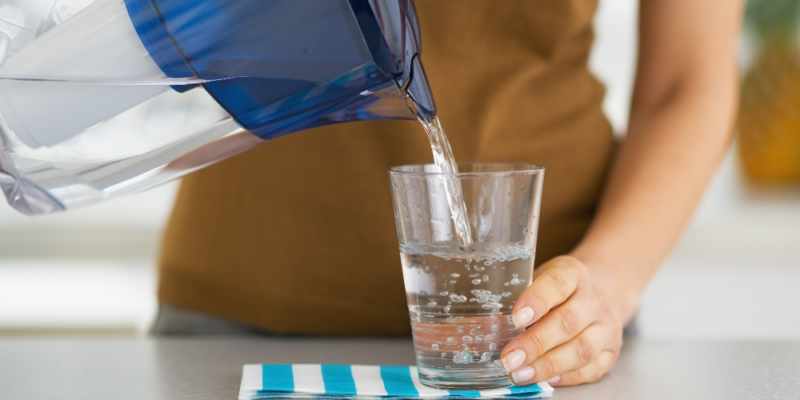If there’s one thing about the modern world that is much more complicated than things used to be, it’s that water really is no longer just water. There are many different types of water products available today, and just as many different types of water flowing into our homes.
These days you can walk into any supermarket and appreciate the truly diverse array of different water products on display, from mineral water to purified water and from filtered water to water with all sorts of different flavors added. And then come all the specialized products.
Synergy Science, water product experts that additionally specialize in halo EMF protection devices, say that there are a few reasons for this explosion in interest in such products. Americans are dissatisfied with their tap water. In many parts of the country, tap water is seriously substandard – and it can be substandard in many ways.
Live near an agricultural area? You could find your tap water contaminated with fertilizers and pesticides. Live in a house with slightly older plumbing? Lead contamination becomes an issue. Live in southwestern states? You could find dangerous quantities of arsenic in your tap water. It goes on.
And it isn’t just alternative water sources that people are investing in. In fact, many people are now installing all sorts of home water filtration systems into their homes. Moreover, there are different filters for filtering out different substances in our water – from carbon filters to reverse osmosis filters. One type of water that is proving particularly popular these days is deionized water. But what is this, and what is it good for?
What Is It?
Deionized water is, as the name suggests, water that has had its ions removed. This means that it has been removed of electrical charge. But wait a minute, water has an electrical charge? You bet. Ions are particles that are either positively (extra ions) or negatively (less ions) charged. When we’re talking about water, these ions take the form of dissolved mineral salts. But why would you want to get rid of them?
In tap water, the main dissolved mineral salts are calcium, magnesium, iron, sodium, chlorides, sulfates, nitrates, carbonates, and silica. These are not all necessarily harmful, but they can have undesirable effects on the quality of the water, especially if found in abundance.
If there is an excess of magnesium or calcium, for example, then the water is considered hard. This isn’t harmful to drink, but it does mean that it will leave streaks on your dishes when you wash, and it will be hard to lather when you’re showering or using liquid detergent.
Deionized water, therefore, is water that has, through an electrical process, had these chemicals removed. It is a form of purified water, and you can definitely think of it as water that contains less “stuff”.
What Is It Used For?
As mentioned, many of these minerals are beneficial to health and so deionized water is not always the best drinking water. Instead, an ionization filter is used when tap water is hard and therefore causing all the household water problems associated with hard water.
Mineral residue (that is what causes those streaks) can also be a problem when water is used in devices such as dehumidifiers. In time, a mineral build up can clog these devices – unless deionized water is used.
So, deionized water is certainly one the most useful alternative water products, and some households should seriously think about using an ionization filter. Most of us are dissatisfied with our tap water, and deionized water is just one of the ways you can tackle the problem.








Comments